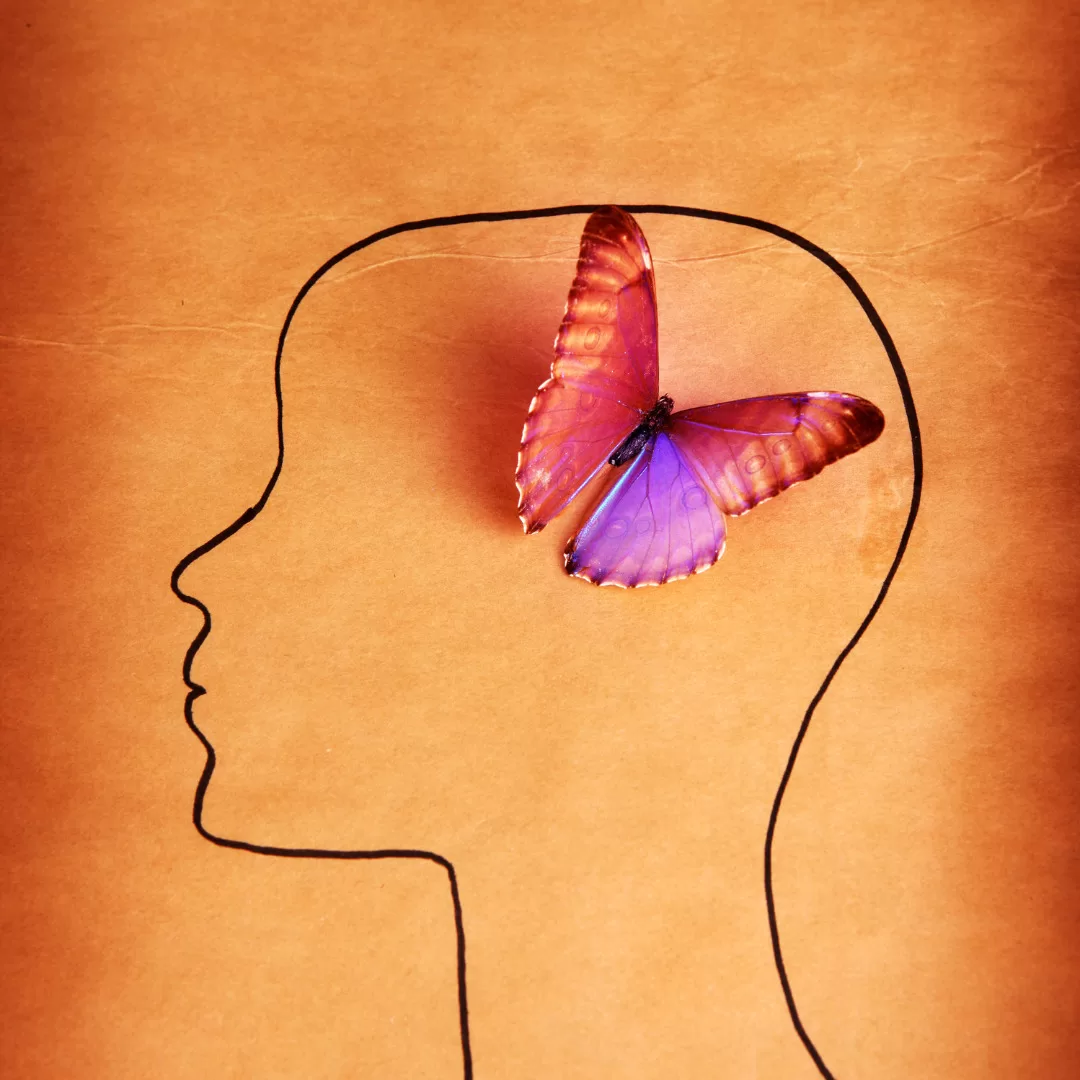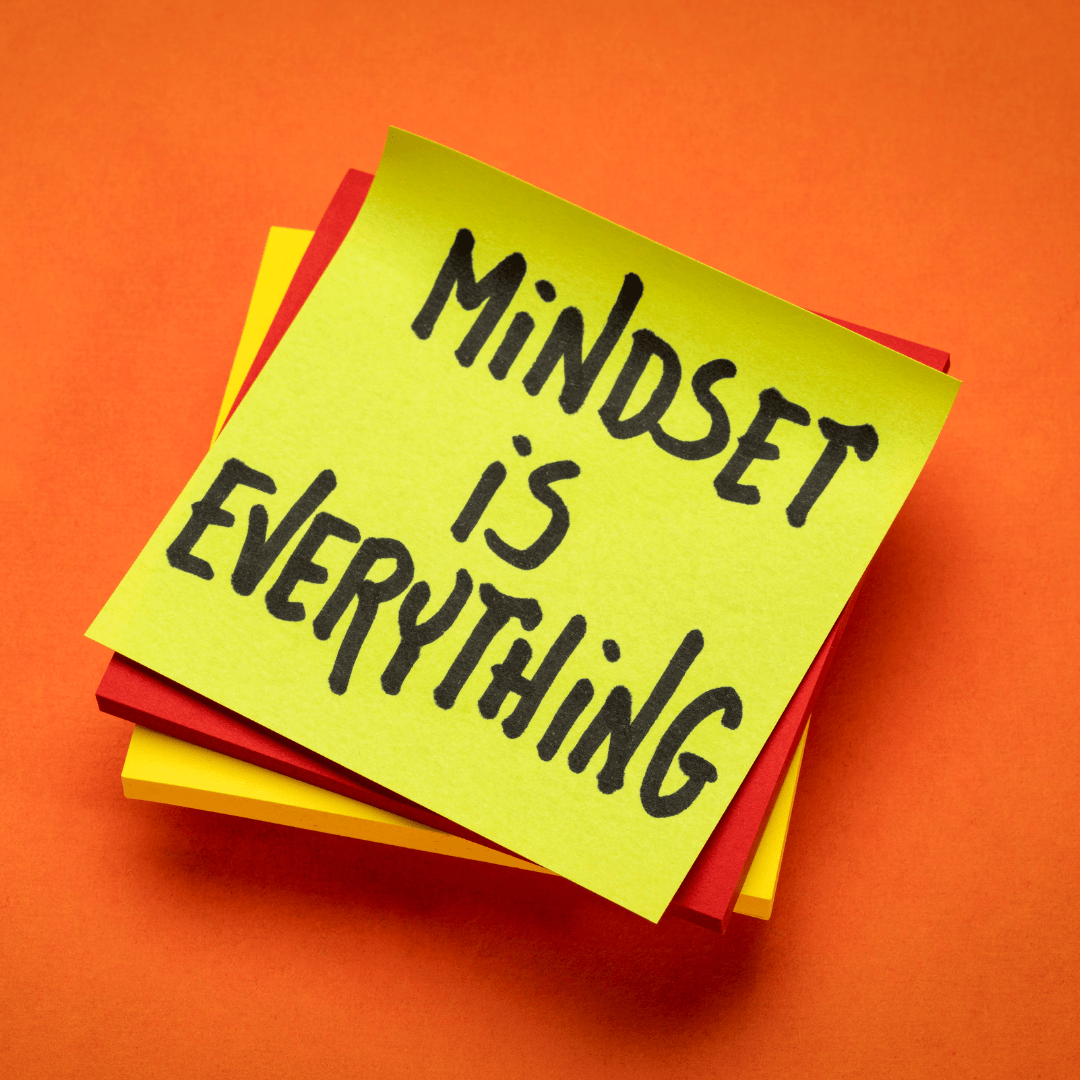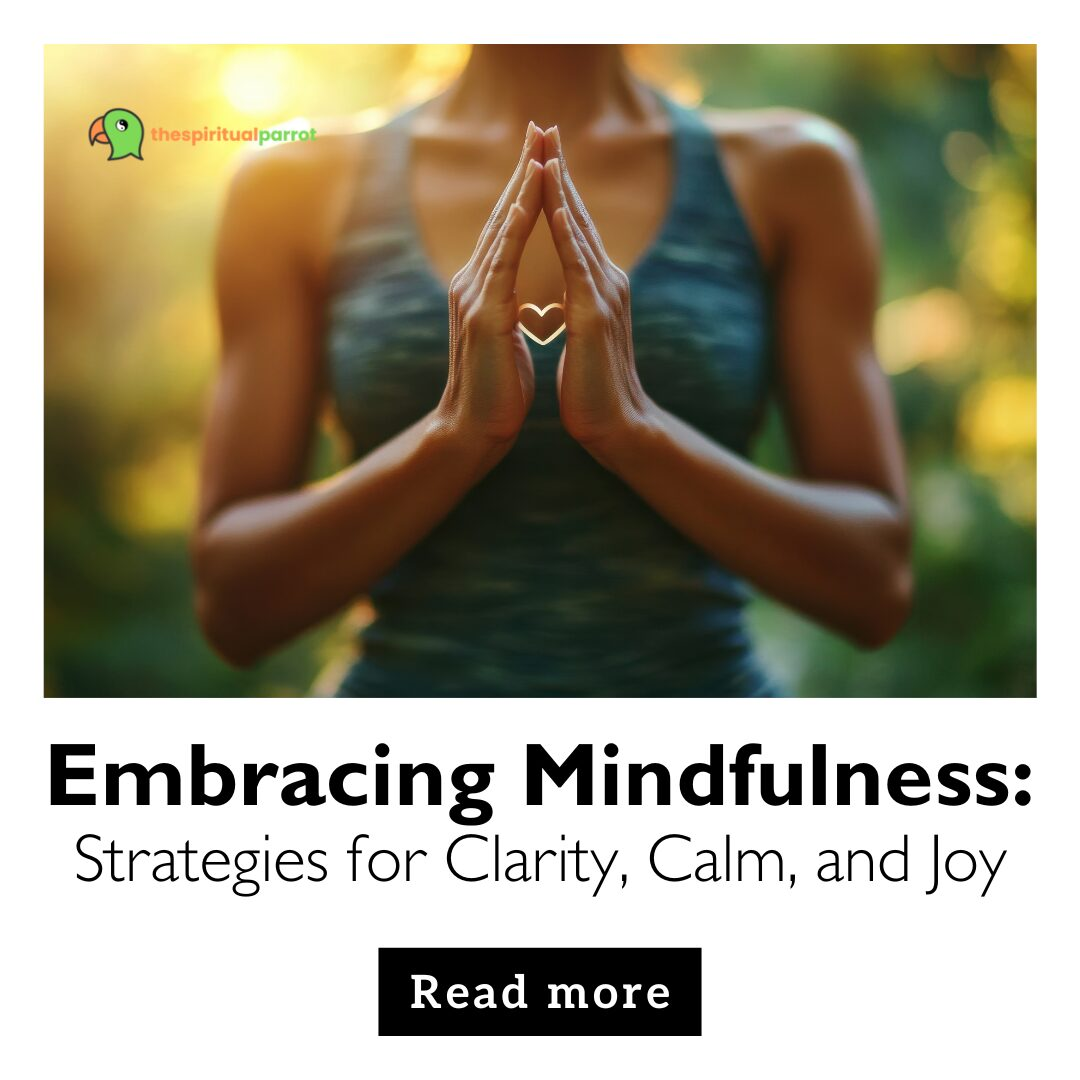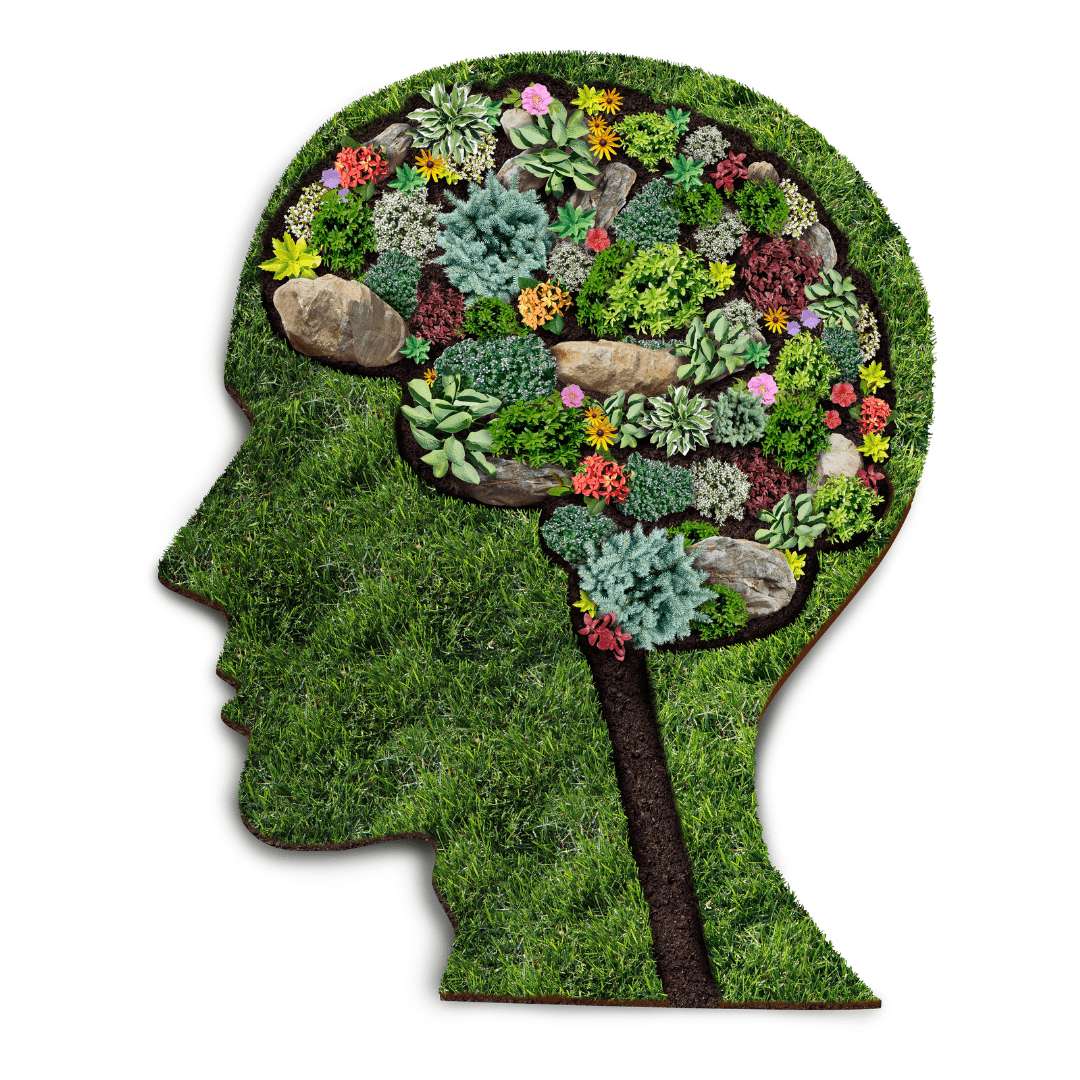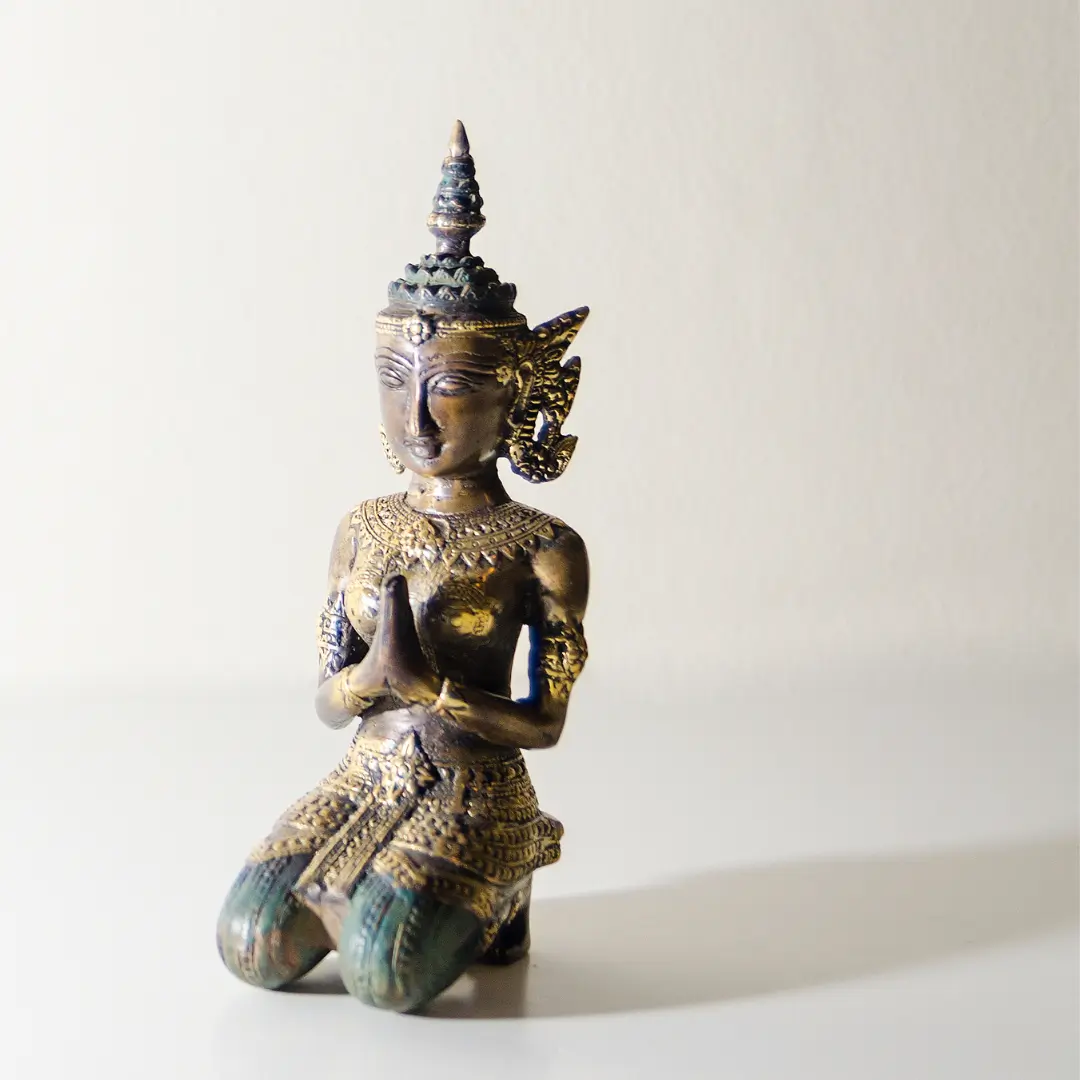In the hustle and bustle of our modern lives, we often find ourselves lost in the noise, disconnected from the present moment, and detached from our inner selves. This disconnection can lead to stress, anxiety, and a general sense of dissatisfaction. But what if there was a way to navigate through this chaos with tranquility and awareness? This is where the concept of a ‘mindful journey’ comes into play.
A mindful journey is not a destination, but a process—an ongoing practice of cultivating awareness and acceptance. It is about being present in each moment, embracing life as it unfolds, and acknowledging our thoughts and feelings without judgment. This journey is not always easy, but it is profoundly rewarding. It can significantly improve our mental health, relationships, and overall quality of life.
The importance of embarking on a mindful journey has never been more critical than in today’s fast-paced world. With the constant barrage of information and the pressure to be ‘always on,’ our minds are often cluttered with thoughts about the past and worries about the future. This leaves little room for us to experience the present moment truly. By embarking on a mindful journey, we can learn to quiet the noise and find peace in the present.
In this comprehensive guide, we will explore the concept of mindfulness, provide a step-by-step guide to starting your mindful journey, discuss the challenges you might face and how to overcome them, delve into the impact of mindfulness on mental health, and much more. Whether you are new to mindfulness or looking to deepen your practice, this guide is designed to help you navigate your mindful journey and achieve inner peace and enlightenment.
Understanding Mindfulness
Before we delve into the practical aspects of our mindful journey, we must grasp what mindfulness entails. Here, we break down the concept of mindfulness, its origins, the science behind it, and its many benefits.
Definition of Mindfulness
Mindfulness is the practice of being fully present and engaged in the current moment. It involves observing our thoughts, feelings, and sensations without judgment. Instead of dwelling on the past or worrying about the future, mindfulness encourages us to live entirely in the present.
Origins of Mindfulness
The concept of mindfulness has its roots in Buddhist philosophy. However, it has gained significant recognition in the Western world due to its numerous benefits. Today, mindfulness is a spiritual practice and a therapeutic technique used in psychology to help individuals manage various mental health conditions.
The Science Behind Mindfulness
Neuroscientific research has shown that regular mindfulness practice can lead to changes in the brain’s structure and function. These changes include:
- Increased density of gray matter in brain regions associated with learning, memory, emotion regulation, and empathy.
- Decreased activity in the amygdala, the part of the brain responsible for our fight-or-flight response. This change helps us manage stress more effectively.
Benefits of Mindfulness
The practice of mindfulness offers a multitude of benefits:
- Mental Health: Mindfulness can help manage stress, anxiety, and depression. It allows us to observe our thoughts and feelings without getting caught up in them, thereby promoting better mental health.
- Emotional Intelligence: Mindfulness can enhance emotional intelligence by helping us become more aware of our emotions. This awareness can lead to better relationships and improved decision-making.
- Focus and Productivity: Mindfulness can boost our focus and productivity by helping us stay present and engaged in our tasks.
- Physical Health: Mindfulness can improve physical health by reducing stress and lowering blood pressure.
- Connection: Mindfulness can help us cultivate a deeper sense of connection with ourselves and the world around us, leading to increased empathy and compassion.
The Mindful Journey: A Step-by-Step Guide
Embarking on a mindful journey is a personal and transformative experience. Here, we provide a step-by-step guide to help you begin this journey and cultivate a practice of mindfulness in your daily life.
Setting Intentions and Goals
The first step in any journey is to define your destination. In the context of mindfulness, this means setting clear intentions. What do you hope to achieve through mindfulness? It could be stress reduction, improved focus, better emotional balance, or a deeper connection with yourself. Having a clear intention can guide your practice and keep you motivated.
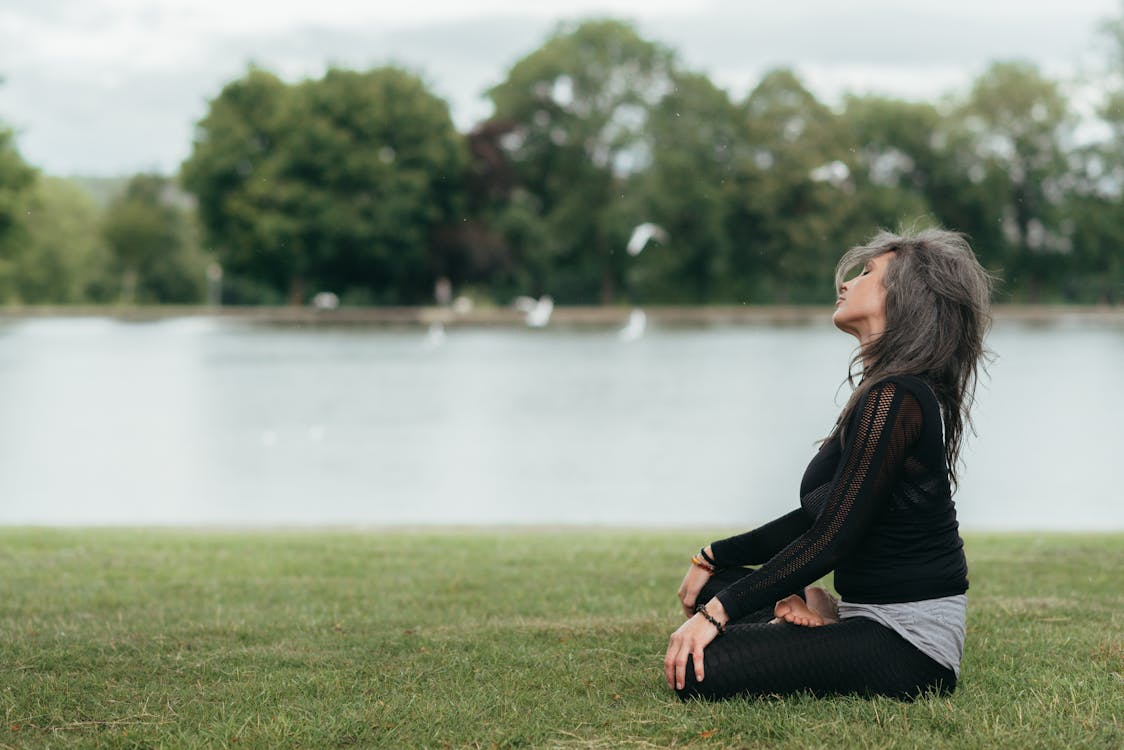
Mindfulness Techniques
There are several techniques to practice mindfulness. Here are a few to get you started:
- Meditation: Mindfulness meditation involves sitting quietly and focusing on your breath, an image, or a word or phrase. The goal is not to clear your mind but to observe your thoughts without judgment.
- Breathing Exercises: Focusing on your breath is a simple yet powerful mindfulness technique. It can be done anywhere, anytime. Try to notice the sensation of the breath as it enters and leaves your body.
- Yoga: Yoga combines physical postures, breathing exercises, and meditation. It can be an excellent way to cultivate mindfulness and improve physical health.
Meditation Poses for Beginners
Daily Activities
Mindfulness is not just for meditation or yoga sessions. It can be incorporated into any daily activity. Here are some ways to practice mindfulness throughout your day:
- Mindful Eating: Pay attention to your food’s taste, texture, and smell. Eat slowly and savor each bite.
- Mindful Walking: Notice the sensation of your feet touching the ground, the feel of the air on your skin, and the sounds around you.
- Mindful Working: Stay fully engaged in your task. Avoid multitasking and bring your full attention to one task at a time.
Overcoming Challenges on the Mindful Journey
Embarking on a mindful journey is a rewarding experience, but it’s not without challenges. It’s important to acknowledge these potential obstacles and equip ourselves with strategies to overcome them. Here are some common challenges and tips to navigate them:
Distractions
Our minds are often filled with thoughts, making it difficult to stay present.
- Strategy: When you notice your mind wandering, gently bring your attention back to the present moment. Remember, the goal is not to suppress thoughts but to observe them without judgment.
Impatience
Mindfulness is a skill that takes time to develop. It’s common to feel impatient or frustrated if progress seems slow.
- Strategy: Be patient with yourself. Mindfulness is not about achieving a certain state but practising awareness and acceptance. Celebrate small victories and progress.
Consistency
Maintaining a regular mindfulness practice can be challenging, especially with a busy schedule.
- Strategy: Start with short sessions and gradually increase the duration as you become comfortable with the practice. Even a few minutes of mindfulness each day can be beneficial. Try to incorporate mindfulness into your daily activities.
High Expectations
Sometimes, we might have high expectations from our mindfulness practice, such as immediate stress relief or sudden enlightenment.
- Strategy: Approach mindfulness with an open mind and without expectations. The benefits of mindfulness come with regular practice over time.
Physical Discomfort
Sitting still for meditation can sometimes cause physical discomfort.
- Strategy: Ensure you’re comfortable before you start. You can sit, stand, or even walk while practising mindfulness. The key is to be in a position where you can also remain alert and relaxed.
Remember, the mindful journey is a personal and unique experience for everyone. It’s okay to face challenges and have off days. What’s important is to keep going and stay committed to the practice.
Mindfulness and Mental Health
The practice of mindfulness has profound implications for mental health. We can significantly improve our mental well-being by cultivating a habit of being present and accepting our thoughts and feelings without judgment. Let’s delve deeper into how mindfulness impacts various aspects of mental health:
Stress Reduction
One of the most well-documented benefits of mindfulness is its ability to reduce stress. Stress often arises from dwelling on past regrets or worrying about future uncertainties. By its very nature, mindfulness encourages us to focus on the present moment, thereby reducing our overall stress levels. Moreover, mindfulness can alter our physiological response to stress, helping us handle stressful situations more effectively. Regular mindfulness practice can lower cortisol levels, the body’s primary stress hormone, leading to improved mood, better immune function, and even weight loss.
Anxiety Management
Anxiety often involves being caught in a cycle of constant worry and fear. Mindfulness helps us observe our anxious thoughts and feelings without getting entangled in them. This observation can create a space between ourselves and our reactions, allowing us to respond to anxiety more calmly and rationally. Over time, this can change our relationship with anxiety, making it less overwhelming and also more manageable.
Depression Prevention
Mindfulness can play a significant role in preventing the onset of depressive episodes. It teaches us to recognize early signs of negative thought patterns and emotional spirals. By becoming more aware of these signs, we can take proactive steps to manage our mental health, such as seeking support or using coping strategies. Mindfulness-based cognitive therapy (MBCT) has been shown to be particularly effective in preventing relapse in individuals with recurrent depression.
Improved Emotional Regulation
Mindfulness enhances our ability to regulate our emotions. By observing our feelings without judgment, we can better understand and manage them, leading to improved emotional stability and resilience. This can help us respond to emotional triggers in a more balanced way, reducing instances of emotional outbursts or impulsive actions driven by strong emotions.
Enhanced Self-Awareness
Mindfulness fosters self-awareness, helping us better understand our thoughts, emotions, and behaviors. This understanding can lead to improved self-esteem and a more positive self-image. It can also improve our relationships, as increased self-awareness often leads to better understanding and empathy toward others.
Better Sleep
Mindfulness can significantly improve sleep quality by calming the mind and reducing stress. Regular mindfulness practice can help manage insomnia and other sleep disorders. Mindfulness exercises before bed, such as body scans or mindful breathing, can promote relaxation and make it easier to fall asleep and stay asleep.
Improved Focus and Concentration
Mindfulness helps train the brain to stay focused on the task at hand, reducing instances of mind-wandering and boosting concentration. This can also lead to improved productivity and performance in various areas of life, including work and studies.
Increased Resilience
Mindfulness teaches us to stay present and accept life as it unfolds, increasing our resilience to life’s ups and downs. It can also help us bounce back from adversity more quickly and navigate challenges with more ease and grace.
It’s important to note that while mindfulness can be a powerful tool for managing mental health, it’s not a substitute for professional help. If you’re struggling with mental health issues, it’s crucial to seek help from a mental health professional.
Effective Meditation Techniques
Advanced Mindfulness Practices
Once you’ve established a basic mindfulness practice and are comfortable with the foundational techniques, you may wish to delve deeper. Advanced mindfulness practices can help you further enhance your awareness, foster a deeper connection with yourself and others, and potentially open doors to spiritual growth. Here’s a more detailed look at these advanced practices and the exploration of the connection between mindfulness and spirituality!
Mindfulness Retreats
Participating in a mindfulness retreat can be a transformative experience. These retreats, ranging from a weekend to several weeks, offer an immersive environment dedicated to mindfulness practice. Away from the distractions and demands of daily life, you’ll engage in extended meditation, mindful eating, walking meditation, and even periods of silence. Retreats often include teachings or dharma talks to deepen your understanding of mindfulness and its application in life. The collective energy of a group practising mindfulness together can also be a powerful support for deepening your own practice.
Advanced Meditation Techniques
As your comfort and skill with mindfulness meditation grow, you might want to explore more advanced techniques. This could include practices like:
- Loving-Kindness Meditation: Also known as Metta meditation, this practice involves silently repeating phrases of goodwill towards oneself and others. It’s a powerful way to cultivate positive emotions like love, compassion, and empathy.
- Insight Meditation: Also known as Vipassana, this practice focuses on developing a deep, experiential understanding of the nature of reality, including the impermanent and interconnected nature of all things.
- Body Scan Meditation involves paying detailed attention to different parts of the body, from the toes to the head. It’s a great way to develop concentration and connect with your physical presence.
Mindful Living
Advanced mindfulness practice is more than just formal meditation—it’s about integrating mindfulness into every aspect of your life. This could mean practising mindfulness during routine activities, like washing dishes or brushing teeth. It could also involve more complex practices like mindful communication, where you bring full awareness and intention to your interactions with others, or mindful decision-making, where you use mindfulness to help navigate important choices.
Mindfulness and Spirituality
For many, mindfulness goes beyond stress reduction or mental health management—it’s a path to spiritual growth. Mindfulness can help us connect with a sense of something greater than ourselves, whether we call it God, the universe, or simply life. It can foster a sense of awe and wonder, deepen our appreciation for life’s beauty and mystery, and help us navigate life’s challenges with greater equanimity. Mindfulness can also help us cultivate spiritual qualities like compassion, gratitude, and loving-kindness, which are at the heart of many spiritual traditions.
Remember, these advanced practices aim not to achieve a particular state of mind but to deepen your understanding and experience of mindfulness. They are tools to help you stay present, cultivate awareness, and live your life more fully.
Maintaining the Mindful Journey
Maintaining a consistent mindfulness practice over the long term can be challenging, but it’s also where the real transformation happens. As you continue your mindful journey, it’s important to remember that mindfulness is not a destination but a path of continuous growth and discovery. Here are some strategies to help you maintain your mindful journey and also keep your practice vibrant and meaningful:
Establish a Routine
Consistency is key in mindfulness practice. Try to set aside a specific time each day for mindfulness. This could be a meditation session in the morning to start your day with clarity, a mindful walk in the afternoon to reconnect with nature, or a body scan before bed to promote restful sleep. Having a regular routine can also help make mindfulness a natural part of your day.
Start Small and Gradually Increase
If you’re finding it challenging to maintain long mindfulness sessions, remember that it’s perfectly okay to start small. Even a few minutes of mindfulness each day can have significant benefits. As your comfort and skill with the practice grow, you can also gradually increase the duration of your sessions.
Be Patient and Compassionate with Yourself
There will be days when your mind is restless, and maintaining mindfulness feels like a struggle. On these days, remember to be patient and compassionate with yourself. Mindfulness is not about achieving a perfect state of calm but about observing whatever arises with openness and acceptance.
Keep Your Practice Fresh
Don’t hesitate to mix things up if you’re finding it hard to stay engaged with your practice. Try exploring different mindfulness techniques or bring mindfulness into new areas of your life. This could be trying a new type of meditation, attending a mindfulness retreat, or incorporating mindfulness into activities like cooking, gardening, or playing music.
Connect with a Community
Mindfulness can sometimes feel like a solitary journey, but it doesn’t have to be. Joining a mindfulness group or finding a mindfulness mentor can provide valuable support and inspiration. Sharing your experiences and further learning from others can enrich your practice and provide a sense of a shared journey.
Regularly Reflect on Your Intentions and Progress
Take time to reflect on why you’re practising mindfulness and how it’s benefiting you. What changes have you noticed in yourself? How has your relationship with your thoughts, emotions, and experiences evolved? Reflecting on your progress can help reaffirm your commitment to the practice and inspire you to continue your journey.
Integrate Mindfulness into Your Lifestyle
Beyond formal practice, try to integrate mindfulness into your lifestyle. This could mean adopting a slower pace of life, simplifying your environment, spending more time in nature, or cultivating mindful relationships. The more your lifestyle supports mindfulness, the easier it will be to maintain your practice.
Conclusion and Further Resources
As we conclude our guide to the mindful journey, it’s important to remember that mindfulness is not a destination but a continuous process of growth and discovery. It’s about learning to be present, cultivating awareness, and embracing life with openness and acceptance. Whether you’re just beginning your mindful journey or looking to deepen your practice, we hope this guide has provided valuable insights and practical strategies.
To continue your journey, here are some books for further exploration of mindfulness:
Books
- “Wherever You Go, There You Are” by Jon Kabat-Zinn
- “The Miracle of Mindfulness” by Thich Nhat Hanh
- “Mindfulness in Plain English” by Bhante Henepola Gunaratana
Remember, the most important resource on your mindful journey is your own experience. Stay open, stay curious, and trust in your ability to navigate your path. As you continue practicing mindfulness, you’ll discover a deeper sense of peace, a greater appreciation for life, and a profound connection with your inner self.
Thank you for joining us on this journey toward inner peace and enlightenment. May your mindful journey bring you clarity, joy, and also a deep sense of fulfillment.


